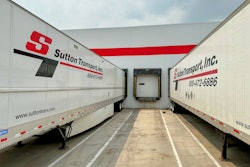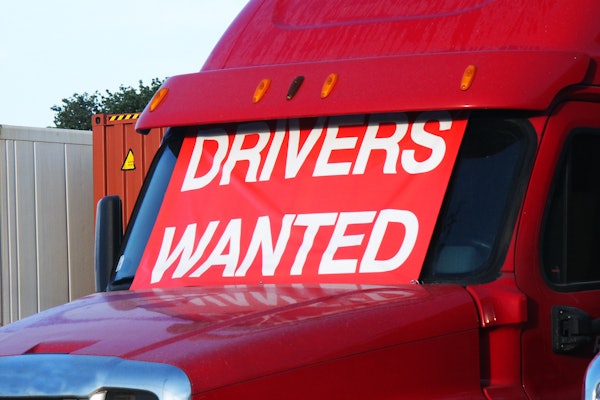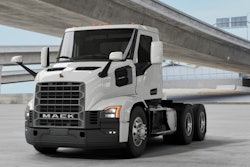Hollywood in the 70s glorified the trucker with films like Convoy and Smokey and the Bandit. The films dramatized the lifestyle of a traditional trucker – the epitome of which has changed dramatically since the release of the smartphone at the turn of the century and later with the ELD mandate.
Hollywood spurred a generation of truckers that are now marching into retirement.
The industry is facing a shortage of 80,000 drivers with a primary factor being the relatively high average age of the existing workforce, according to the American Trucking Association. The Owner-Operator Independent Drivers Association argues that there isn’t a shortage, but instead a retention issue as more than 400,000 new CDLs are issued in the U.S. every year. Transportation Secretary Pete Buttigieg has previously said that his department estimates that 300,000 drivers exit the career annually.
Whether there truly is a shortage or not, there is likely to be one – at least in the long-haul sector – in the coming years as the mentality surrounding the position of truck driver has shifted from one of a career or profession to just a job.
“There's the old school and new school problem that's out there,” said Dean Croke, principal analyst at DAT Freight and Analytics. “The new school a driver is a different driver. They want to be home more. They don't see it as a profession. So for a lot of these guys, it's a job. It's something they're doing in between other jobs. So they're not invested in it.”
Croke said that’s because it’s a hard job, and for those who weren’t born into it, the passion is often lacking. And it’s a very different industry today compared to that Hollywood era.
“It's not an industry that's fun anymore,” Croke said.
Croke, who years ago was a truck driver in Australia where paper logs are still used, attributes it to “overregulation” that came with the digital age and thus, the ELD. He said he also couldn’t justify the wage in relation to the amount of time, work and the headaches like traffic, road conditions, construction, delays, wait time at loading docks, lack of parking and so on.
[RELATED: Highway to health: Pay, lack of sleep and home time are top factors in driver mental health]
“We're in an industry now where the rewards aren't there,” he said. “It's not the physical steering bit (that’s hard); it's all the other stuff they've got to deal with. They just don't have the passion to get involved in what it takes to be a professional driver.”
Jennifer Gabel, founder of Construct Your Health, which serves as a consultant on driver health for trucking companies, agreed that people don’t see the job as a profession anymore.
Gabel, whose father was a truck driver, sees the value in the work drivers do, but she said the big push in the 90s and early 2000s to go to college instigated this ideology that a degree is what made a career respectable.
“It diminished, minimized what they do, which is really not the case; it's such valuable, incredible work,” she said.
But it’s also the case of a shift in values, she added.
Though the industry has adapted to this digital era with the vast implementation of new technologies in the cab, it hasn’t adapted to newer social standards in which people have come to value more time with family.
“The approach that's historically been taken is ‘look how much money you can make, and you don't have to go to a four-year college and have student loans,” Gabel said. “These things may be true, but you're never going to see your kid play baseball, or your wife is going to divorce you because you're never home. Those things aren't necessarily factored in.
“We also need to work from the outside to strive for better lifestyles for the people coming into these jobs, because I think the younger generations are expecting … (for example) to be more of a parent than historically what the old ways used to be,” she added. “I think that's a big reason why young people aren't getting into these industries the way they used to.”
Garner Trucking’s Tim Chrulski previously spoke with the CCJ about how trucking is often a second or third career for many drivers behind the wheel today. It’s not because they want to be in the seat but because something else didn’t work out.
And with today’s regulations, Croke said it’s unlikely a driver job will work out either. Croke said technology is the main driver behind this, especially the ELD, which has resulted in increased safety risks and a breakaway from the old driver code.
“Drivers take more chances and are in more of a hurry on the roads. You would never see that up until ELDs,” Croke said. “I see more and more drivers behaving disrespectfully to other truckers now, which was something you would never see because there was a code: you stuck together; that's gone out the window now.
“It's just not seen as a profession, and it's not the driver's fault necessarily. It's because of a lot of things have changed in the industry to where it's just become a different job.”













